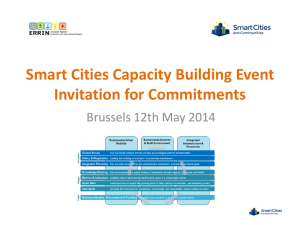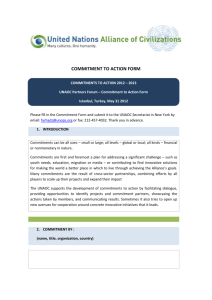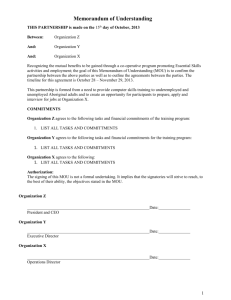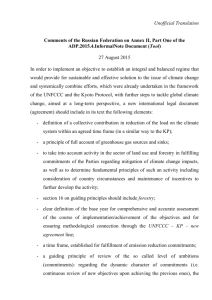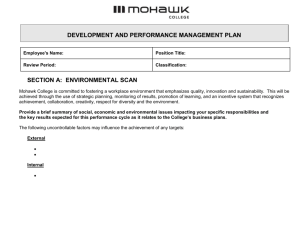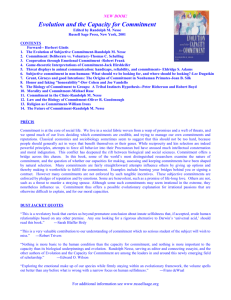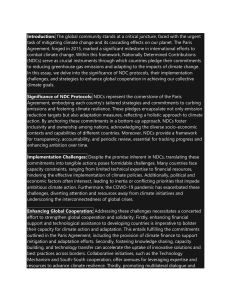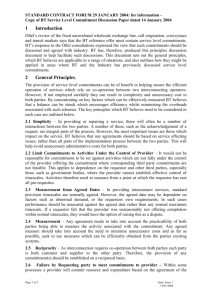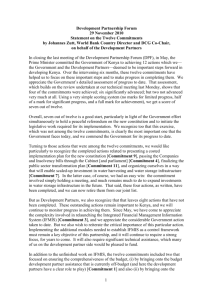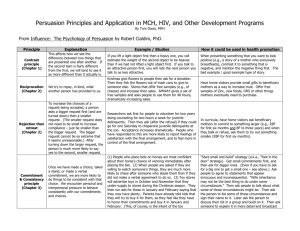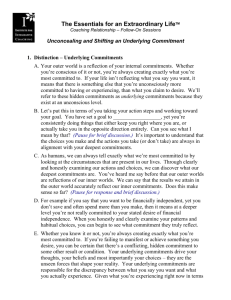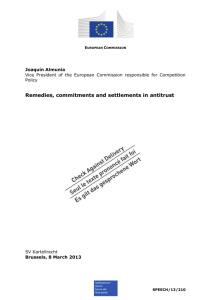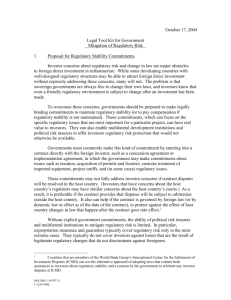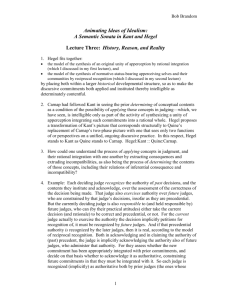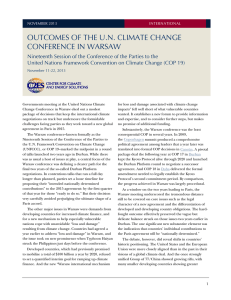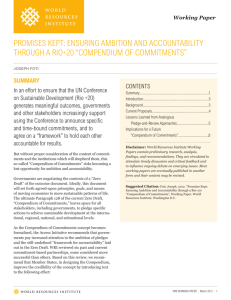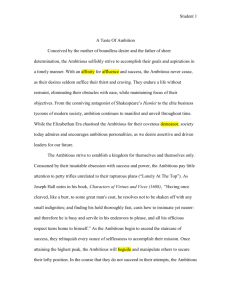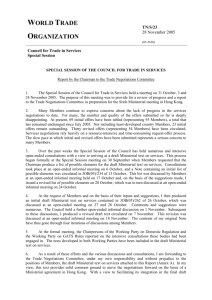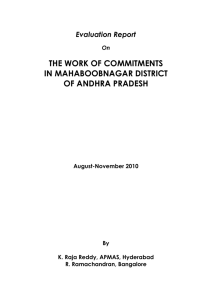DOC
advertisement
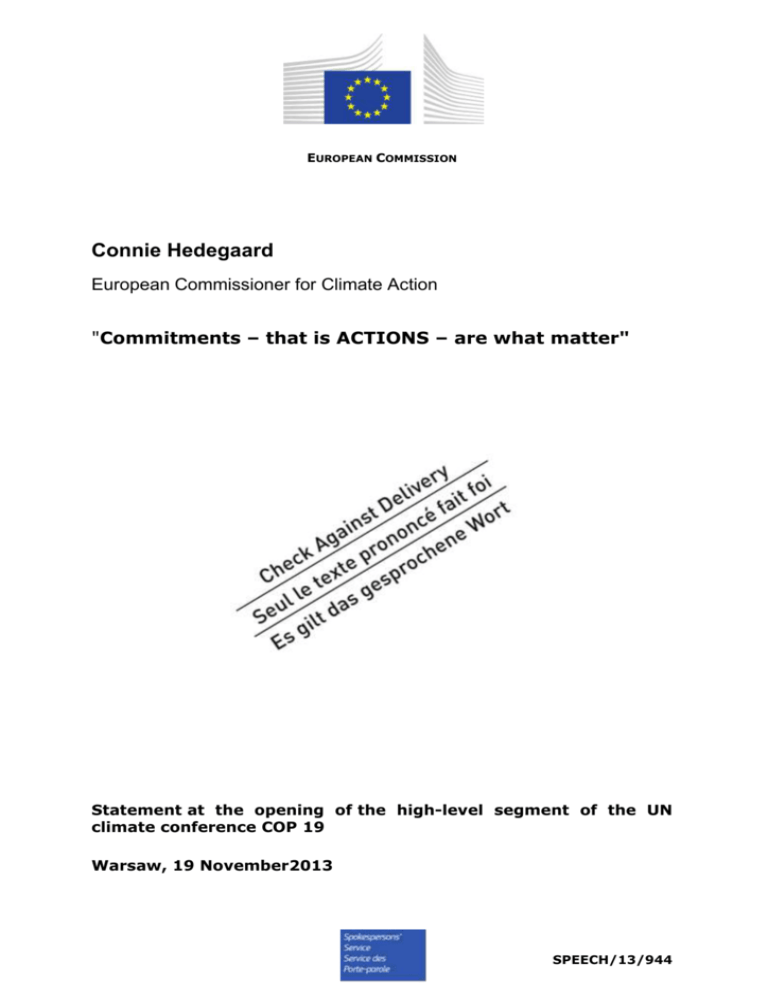
EUROPEAN COMMISSION Connie Hedegaard European Commissioner for Climate Action "Commitments – that is ACTIONS – are what matter" Statement at the opening of the high-level segment of the UN climate conference COP 19 Warsaw, 19 November2013 SPEECH/13/944 Secretary-General Ban Ki Moon, Mr. President, Ministers, ladies and gentlemen! Sometimes when you despair of the slow pace of these negotiations, and of the discrepancy between the many alarming words and too few urgent actions – it's often good to step back. And what do we see then? We see climate change moving to the centre of the debate on economic policy. Global economic leaders get this. World Bank President Jim Yong Kim calls climate change a fundamental threat to economic development. Christine Lagarde, Managing Director of the International Monetary Fund, has said it is by far the greatest economic challenge of this century. And most recently Angel Gurria, the head of the OECD, said we face a choice "between stranded assets and a stranded planet." If we want to move faster we need to mainstream climate action into the economy, into our key political choices and into our development strategies. We need a paradigm shift. So how can the international climate negotiations contribute to this? Above all, by being serious about the 2015 deadline. It is not a tentative deadline. It is not just something nice to aspire to. It is a 'must have' because global action is already running late. And obviously it cannot be an empty agreement that is only fine architecture without any concrete ambition and commitments. Commitments – that is ACTIONS – is what matters. In 2015 - six years after Copenhagen, four years after Durban - no country will have a legitimate excuse for not having done its homework, for not having prepared its pledge and its fair share of the contribution. That is why the EU is proposing a step-wise approach to encourage ambitious commitments under the 2015 agreement. The commitments must be transparent, quantifiable, comparable, verifiable and ambitious. Parties need to prepare their pledges in 2014. We need a decision here in Warsaw that recognises this, that sets out the information Parties should provide up front, and that paves the way for an assessment or consultation phase. This is vital to ensure commitments are collectively adequate to meet our agreed goal. The Warsaw Climate Conference should put us on the right track for closing as quickly as possible the global gap in the pre-2020 level of mitigation ambition; and contribute to an ambitious, legally binding agreement by 2015 that covers the period after 2020 and puts the world on a credible pathway to meet the below two degrees objective. Here we should learn from the economic policies: if targets are not met, normally you don't change the target. No, you add more policies in order to achieve the target. Nowhere in politics will this approach be more needed than exactly in climate policies. Thank you. 2



